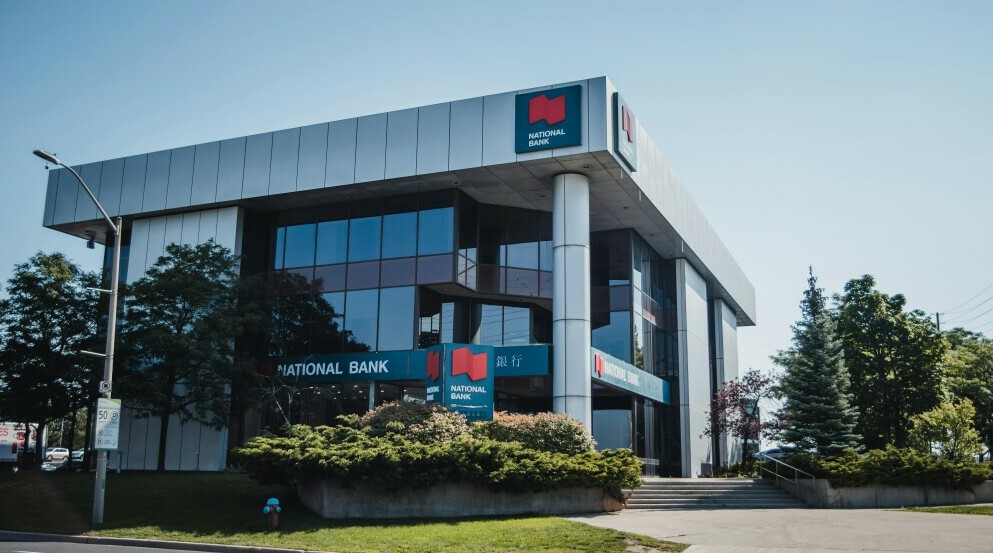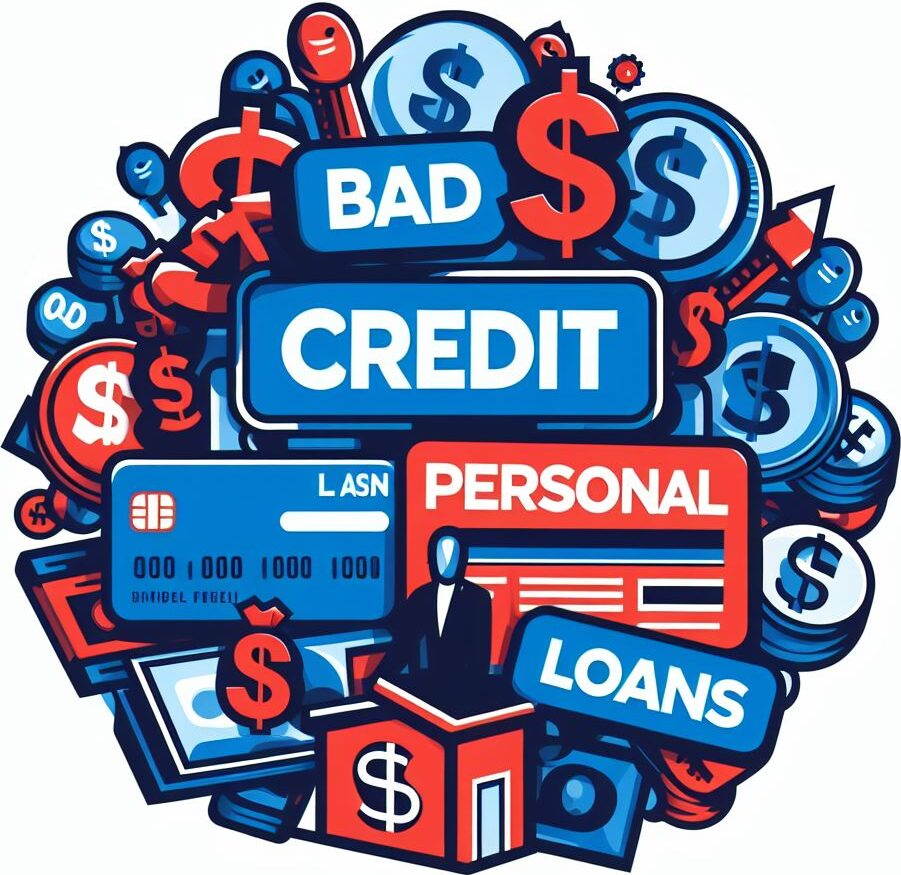Debt consolidation might sound like a financial life preserver, and for many, it can be. It’s a strategy that allows you to combine multiple debts into a single loan, typically with a lower overall interest rate and more manageable monthly payments. That’s especially appealing if you’re juggling various high-interest obligations like credit card debt, medical bills, or personal loans.

However, the twist is that having bad credit can change the playing field. I’m going to lay it out straight: if your credit score is on the lower end, lenders may see you as a higher risk. This can make finding favorable consolidation terms more challenging, but don’t lose hope. You’ll need to understand how exactly bad credit factors into the equation, and that’s precisely what I’m here to help you with.
In our discussion, we’re not just looking at basic definitions; we’re also going to delve into the nuts and bolts of secured versus unsecured consolidation loans. Secured loans often require collateral, like a vehicle or home equity, which can offer better terms even with bad credit. On the flip side, unsecured personal loans don’t require collateral, which might seem less risky, but with bad credit, they can come with higher interest rates—if you qualify at all.
Before moving on to the next part, it’s crucial to take a truthful look at your financial landscape. Have a clear understanding of your total debt, monthly income, expenses and how you got into this situation. It’s not just about consolidating; it’s about making sustainable financial changes. With a realistic assessment, you can set the stage for a more informed search for debt consolidation options which we’re going to dive into next.
Assessing Your Debt Consolidation Options with Bad Credit
So you’re grappling with bad credit and the debts are piling up – I get it, it’s a tough spot to be in. But there’s hope on the horizon. You’ve still got options when it comes to debt consolidation, even if your credit score is far from perfect. Let’s walk through some of the avenues you might explore.
First off, look closely at debt consolidation companies that make allowances for bad credit. These organizations often have solutions tailored for your situation. But remember, diligence is crucial. You want to ensure you’re working with a reputable company that has your best interests at heart.
Don’t overlook the smaller players like credit unions and community banks. They might not always show up on big search engine pages, but these institutions can offer personalized service and potentially more accommodating consolidation loans, especially if you’re already a member or willing to become one.
If you’re a homeowner, tapping into home equity could be a viable strategy. Home equity loans and lines of credit may carry lower interest rates than typical consolidation loans, and your bad credit might be less of a deterrent here. Just proceed with caution; your home is on the line.
Consider getting a cosigner or entering into a joint account with someone who has stronger credit. This not only improves your chances of approval but could also snag you a more favorable interest rate. It’s a significant ask, though, so choose someone who trusts you and understands the responsibility involved.
The Impact of Debt Consolidation on Your Credit
I’m going to break down for you how debt consolidation affects your credit score because it’s a bit of a balancing act. On one hand, consolidating your debt could lead to a dip in your credit in the short term. Why? Well, applying for a new loan usually requires a hard inquiry into your credit history, and that can lower your score a touch.
Yet, there’s a silver lining here. Consolidating means you’re combining multiple debt payments into one. That’s going to include knocking out those high-interest credit card balances, which can actually improve your credit utilization ratio – a major component of your credit score. And here’s something else: making consistent, on-time payments on this new loan can set you on a path toward rebuilding your credit over time.
It’s also important to hit the pause on using your freshly zeroed-out credit cards. You might be tempted to start swiping again, but doing so can counteract the benefits of consolidation. If you want to see your credit score climb, stick to using a small percentage of your available credit and pay it off fully each month.
As you work on managing your new consolidated loan, don’t forget to keep an eye on your credit report. This isn’t just about keeping track of your score. It’s also about ensuring there are no inaccuracies bringing your score down. If you spot an error, reach out to the credit bureau to get it corrected.
I really hope that you manage to use consolidation as a tool for better financial health, not just as a quick fix. This means sticking to a plan and not allowing old habits to creep back in. Next up, you’re going to find out about how to stay on course after you’ve consolidated your debts.
Staying on Track: Managing Debt Post-Consolidation
I’m here to help you with strategies to manage your finances after you’ve consolidated your debt. It’s a reality that securing a debt consolidation loan is just the beginning of your journey to financial stability, especially if you’ve had credit issues in the past.
You can always adjust your approach down the road, but it’s crucial to start with a solid budget. This includes accounting for your consolidated loan payment and ensuring you’re living within your means. Don’t worry too much about the budget being perfect at first. The key is to start and then refine as you go.
Choose something that resonates with you when it comes to budgeting tools. Whether it’s a smartphone app, a spreadsheet, or good old pen and paper, the best tool is one that you’ll actually use consistently. Regular reviews of your budget can help you catch and address issues before they become serious problems.
And speaking of issues, let’s talk about avoiding new debt. It might seem obvious, but it’s surprisingly easy to fall back into old habits. If you want to stay on track, be mindful of your spending and think twice before using credit for purchases. Remember, the goal is to free yourself from the debt cycle, not to create a new one.
A lot is happening very quickly after you consolidate your debt, which is why having an emergency fund cannot be overstated. Even a small sum set aside can protect you from the need to borrow when unexpected expenses crop up. Building this safety net should be one of your top priorities.
Finally, if you ever find yourself unsure about the right financial moves to make, don’t hesitate to seek professional advice. There’s a lot of opportunity in learning from experts who can provide personalized guidance tailored to your unique situation.

As a person that had to go bankrupt at an early age due to an online scam posing as a debt consolidation company, I’d say make sure you do your research. These programs can be very good, but you really have to be careful! Great article! I’m glad to see people providing options to those that may be struggling!
Hi Conner,
Thank you so much for sharing your experience and perspective! I’m deeply sorry to hear about the hardship you faced due to the online scam. It’s incredibly important, as you rightly pointed out, to thoroughly research any debt consolidation program or financial service before committing to it. Scams unfortunately prey on those who are already vulnerable, and your cautionary tale serves as a valuable reminder to stay vigilant. I’m grateful for your positive feedback on the article and for highlighting the importance of providing genuine options for those facing financial struggles. Wishing you all the best on your journey towards financial recovery! #StayVigilant #FinancialSafety #ResearchIsKey
Jeff